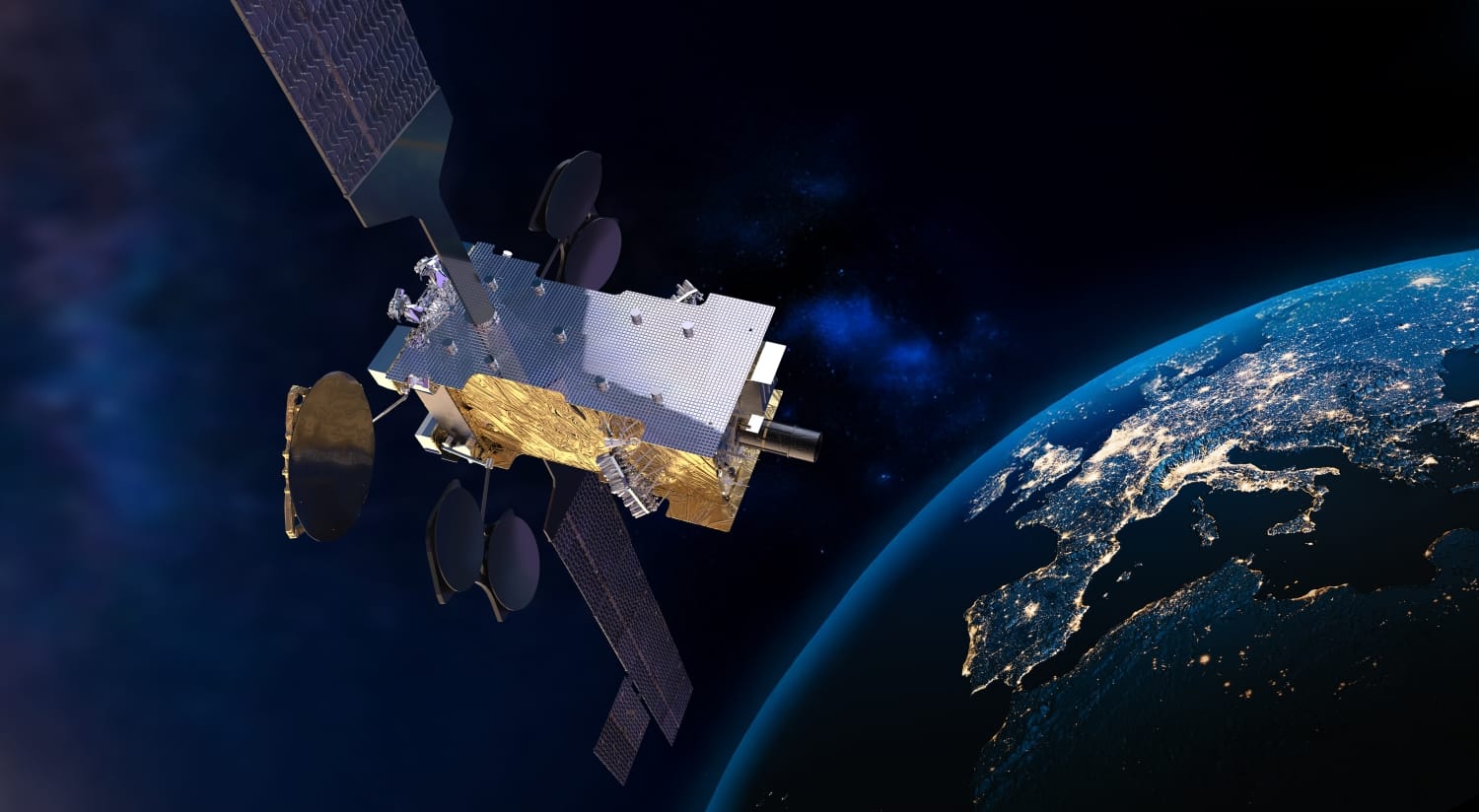The Spanish aerospace sector is making tremendous strides with the launch of QKD-GEO, the first geostationary quantum key distribution system. This innovative project, which represents a worldwide milestone, aims to revolutionize security in communications and position Spain as a leader in quantum technology.
QKD-GEO: A paradigm shift in cybersecurityCybersecurity solutions are essential in the digital age…
QKD-GEO, with a budget of €103.5 million, is supported by European funds from the Recovery, Transformation, and Resilience Plan through the Aerospace PERTE, managed by the CDTI. This system will utilize the quantum properties of photons to ensure the transmission of keys that are impossible to hack, even against the most advanced quantum computers.
This disruptive technology marks the beginning of a future Quantum Internet, offering a completely new model of secure communications in governmental environments, critical infrastructures, and large corporations. Additionally, its implementation from geostationary orbit will enable global communications without the limitations of terrestrial fiber optic networks.
Innovative components of the project
The QKD-GEO system consists of two main segments:
- Space segment: It will include a high-precision telescope, a quantum random number generator, a source of polarized photons, and a processor responsible for implementing communication protocols. This set will be onboard a geostationary satellite to maximize its reach.
- Ground segment: It will feature optical stations equipped with telescopes for receiving photons, as well as an operations center that will control the system’s activities and manage users.
To validate its functionality, tests will be conducted between the islands of La Palma and Tenerife using an atmospheric link of 140 kilometers, simulating the operational conditions in orbit.
A consortium driving innovation
The project is led by Thales Alenia Space, in collaboration with Hispasat, which is responsible for the mission design and business plan. Additionally, it includes participation from entities such as the Astrophysics Institute of the Canary Islands, the Polytechnic University of Madrid, and leading companies like Telefónica and BBVA, which provide real use cases.
According to Ismael López, CEO of Thales Alenia Space in Spain, “The QKD-GEO mission will place the Spanish industry at the forefront of quantum communications from geostationary orbit, something completely groundbreaking on a global scale.”
Spain’s contribution to the EuroQCI
The QKD-GEO is a key component in the European Quantum Communication Infrastructure (EuroQCI), an initiative by the European Commission to deploy quantum communication nodes across Europe. This system will allow Spain to consolidate its leadership in the aerospace and technology sectors, contributing to the development of security infrastructures throughout the European Union.
Miguel Ángel Panduro, CEO of Hispasat, emphasized the project’s importance: “Quantum key distribution will change the paradigm of secure communications, and satellites will be the ideal infrastructure for transmitting these keys over long distances.”
Impact on industry and society
The development of QKD-GEO not only represents a technological advancement, but also provides a boost for the Spanish aerospace industry, solidifying its position in the international landscape. Furthermore, its implementation promises to transform the way security is ensured in global communications, protecting sensitive data in an increasingly digitized world.
With this initiative, Spain reaffirms its commitment to innovation and the creation of a safer, more connected future.
via: Thales and photo ©Thales Alenia Space_E.Briot

